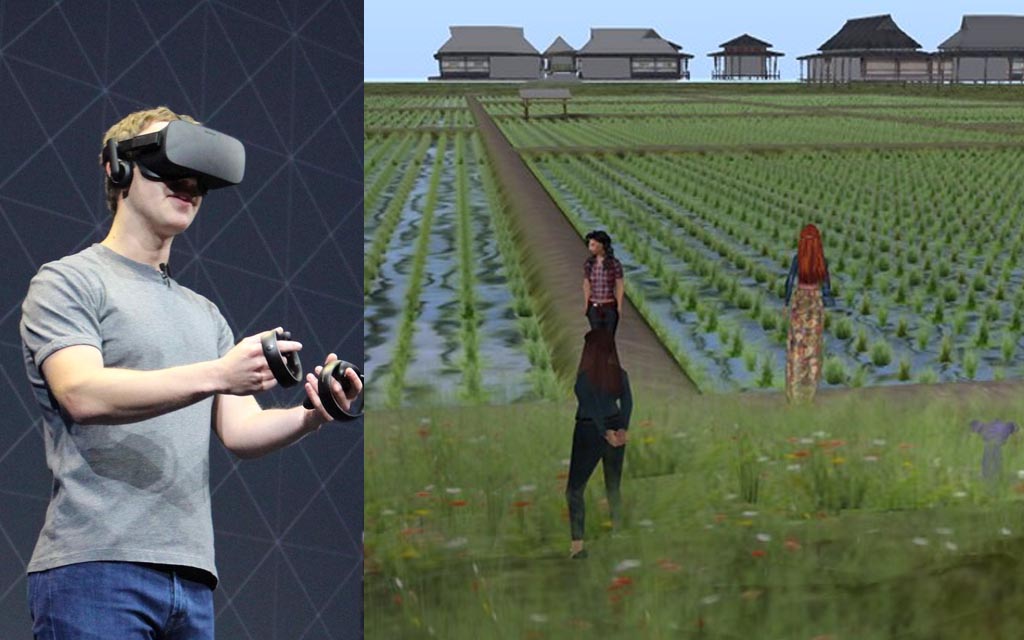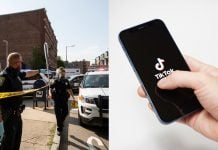
CLANCY OVERELL | Editor | CONTACT
Silicon Valley’s hopes that the entire world would detach from reality and seek fulfilment in a decentralised online world have been dashed this week, as it becomes clear that the Metaverse cannot protect human beings from Russian cruise missiles.
This comes just months after changing the name of his company Facebook to ‘Meta’ – in an effort to help the users of his platforms in their transition to this this brave new way of living.
Put plainly, the Metaverse is an evolution of the internet. It’s often described as online spaces where people can socialise, work and play as avatars of themselves – using cryptocurrencies instead of real money.
So, like real life, but online, using computer-generated imagery that really doesn’t do a sunset over the Brisbane River justice.
Those online spaces are shared and always available for use – and have been pitched as ‘more than just an escape’ from the daily pressures of not being a multibillionaire tech tycoon.
However, while the metaverse may be useful at temporarily distracting sedentary internet users from financial woes and heartbreak, it seems that this cuddly new online world has been able to stop the invasion of Ukraine.
However it seems that Mark Zuckerberg, a pioneer of the metaverse, is so caught up in trying to plough digital fields to notice that the world is in the midst of a major war.
It appears that much like the real universe, the early stages of the metaverse makes for a harsh existence, as the online comminity of chubby neckbeards are tasked with reinventing the ancient real world industrial practice known as ‘agriculture’.
“Good news!” shouted Zuckerberg earlier this week, while taking a short break from his new online reality to post a video update on metaverse.
“We’ve successfully learnt how to domestic our online equine avatars to help plough fields to grow potatoes and grain”
“The metaverse is off to an amazing start”
“Next we’ll learn how to drill oil and gas and utilise coastal waterfronts for shipping ports”
“From there, I guess we’ll work on developing a military-industrial complex”
“The future is bright!”










